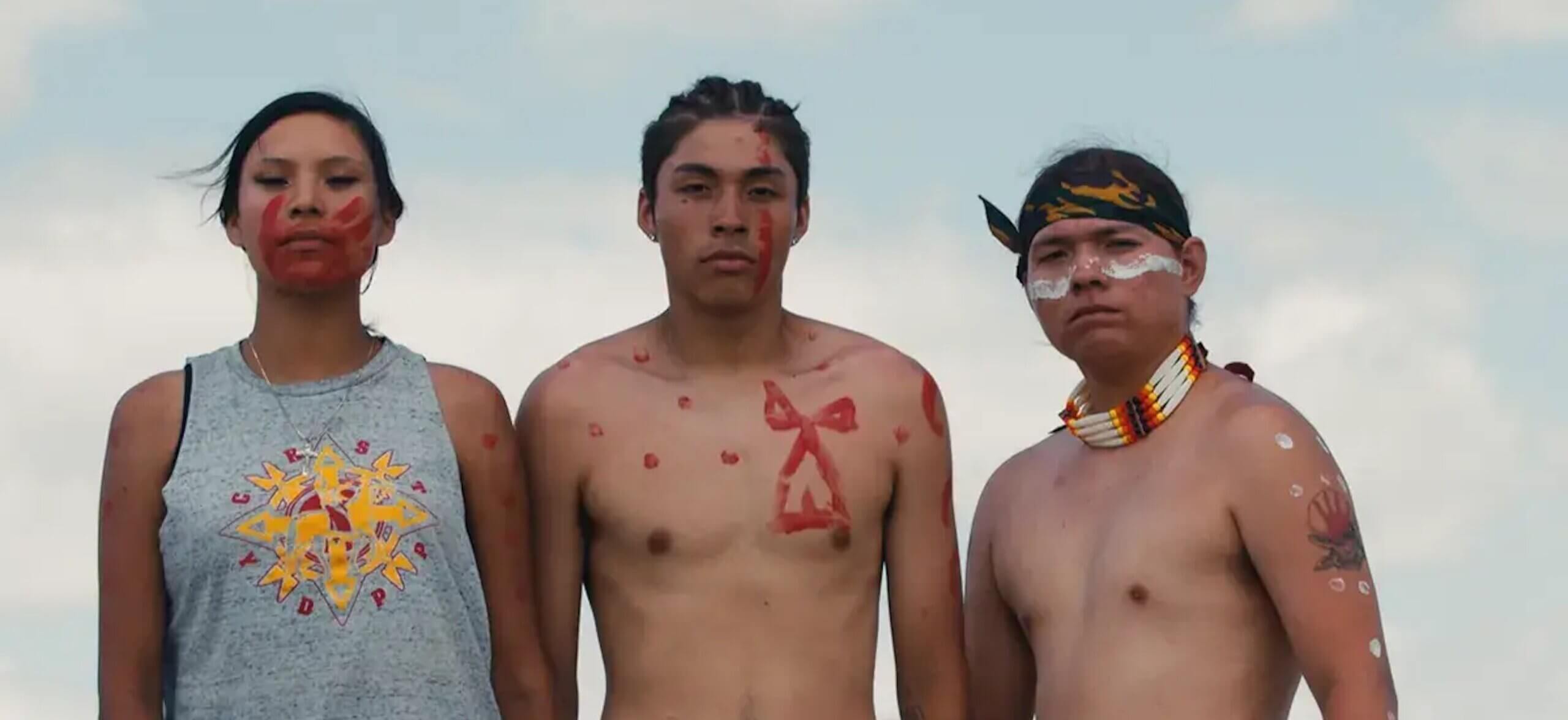The State of Journalism
The 2021 Nobel Peace Prize was awarded to two journalists Maria Ressa (Philippines) and Dmitry Muratov (Russia) for their fight for freedom of expression in their own country and as representatives of all journalists who stand up for this ideal.
Use this month’s doc films and forum resources to shine a light on the current state of local journalism in the U.S., what is represented, if it’s trusted, and if this current climate is a harbinger of the future.
BELLINGCAT: Truth in a Post Truth World Trailer
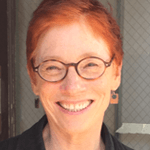
Dr. Patricia Aufderheide
Professor of Communication Studies, American University
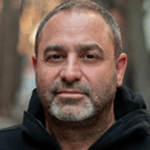
Ra'anan Alexandrowicz
Writer, Director, Editor The Viewing Booth |
The Law in These Parts (2011), Grand Jury Award at the Sundance Film Festival, Peabody Award
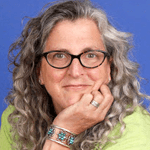
Fran Sterling
Moderator, Co-Founder, Blueshift Education
Director of The Viewing Booth Ra'anan Alexandrowicz offers his insights on why he made this film and how it offers a way to probe deeply into the uses of non-fiction images and video to confirm or dispel already held beliefs and worldviews.
Professor Patricia Aufderheide on why documentary films continue to be a trusted source of media, the challenges the documentary field is currently facing, and ways to respond.
Director Ra'anan Alexandrowicz and Professor Patricia Aufderheide take a critical look at the field of media literacy and offer their evaluation of its current relationship to documentary film.
Professor Patricia Aufderheide shares the importance of using documentary film in higher education and how she will be using The Viewing Booth in her current coursework.
We don’t often talk about how a paper’s collapse makes people feel: less connected, more alone. In the absence of local coverage, all news becomes national news.
A sizable portion of Americans continue to turn to social media technology companies for news despite the criticism these companies are receiving for not doing enough to stem the flow of misinformation
“The challenge for us is to stay disciplined to do the deeper work and not be caught up in the daily news cycle," Ms. Roessner.
A report on the increasing need for standards and practices for accuracy, avoiding conflicts of interest, representational fairness, or other ethical standards in documentary-focused journalism.
A report assessing the state of local news today and to begin to address the underlying structures that have contributed to news deserts.
If news consumers do not feel they can wholly trust any particular news outlet, we wondered, then how do they determine the truth about what’s going on in the world?
| Pulitzer Prize-winning journalist Art Cullen and his family fight to unite and inform their Iowan farming community through their biweekly newspaper, The Storm Lake Times—even as the paper hangs on by a thread. Twice a week they work as civic watchdogs to protect their hometown and the legacy of credible journalism, at large—come hell or pandemic. |
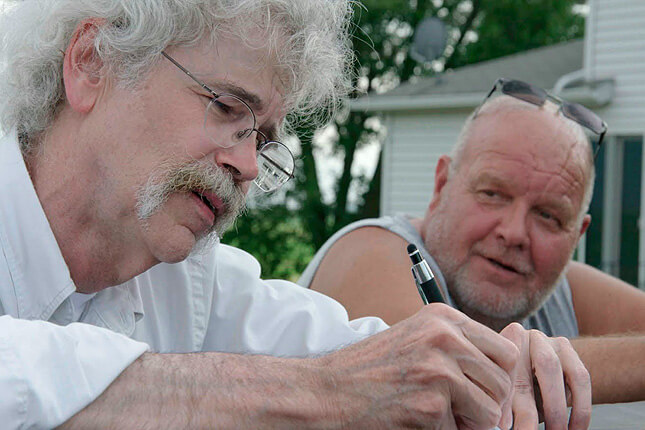
| PEN America Event | Highlight from AFI DOCS Interview |
The Iowa Caucus's and Storm Lake |
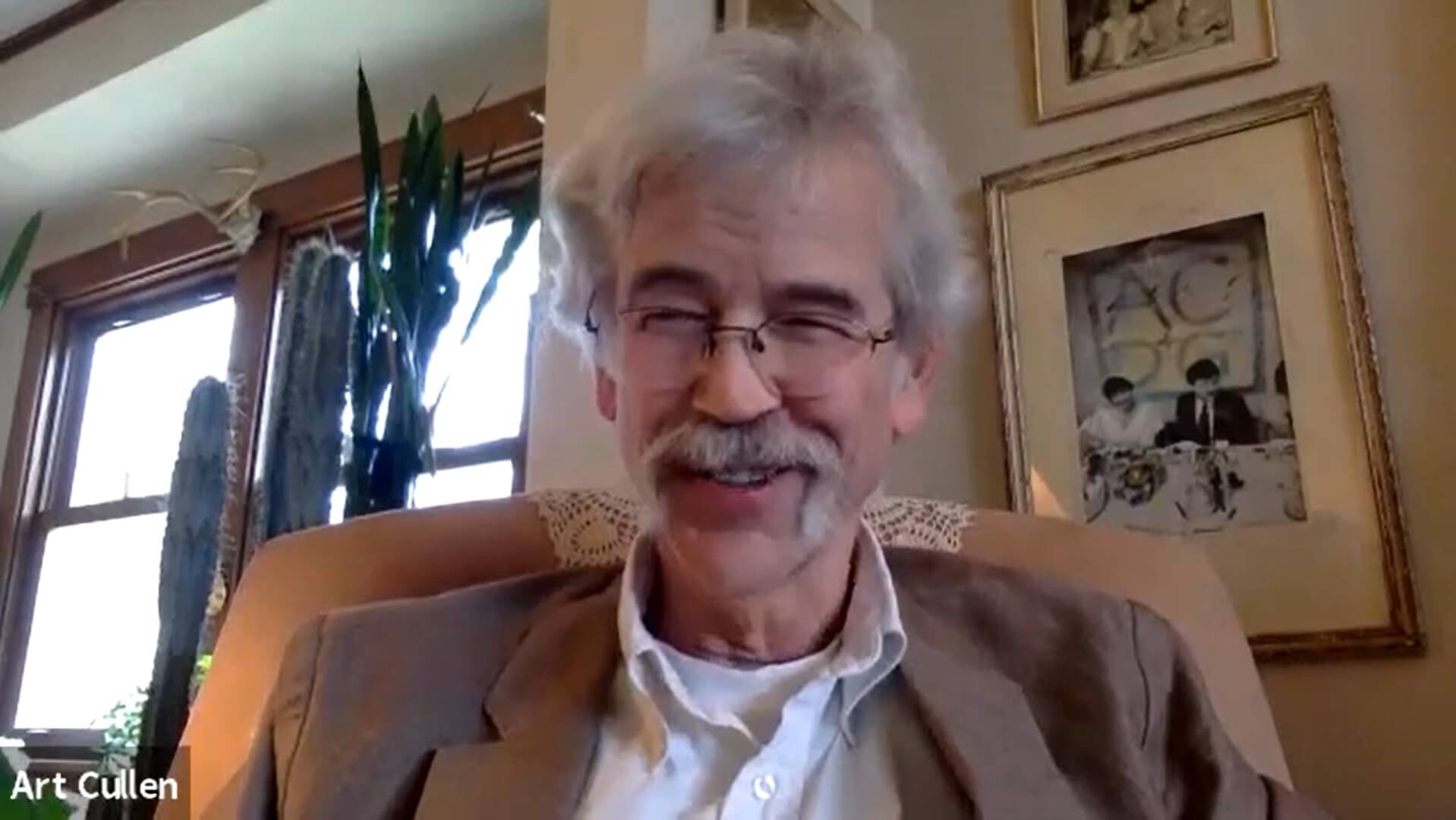
►
|
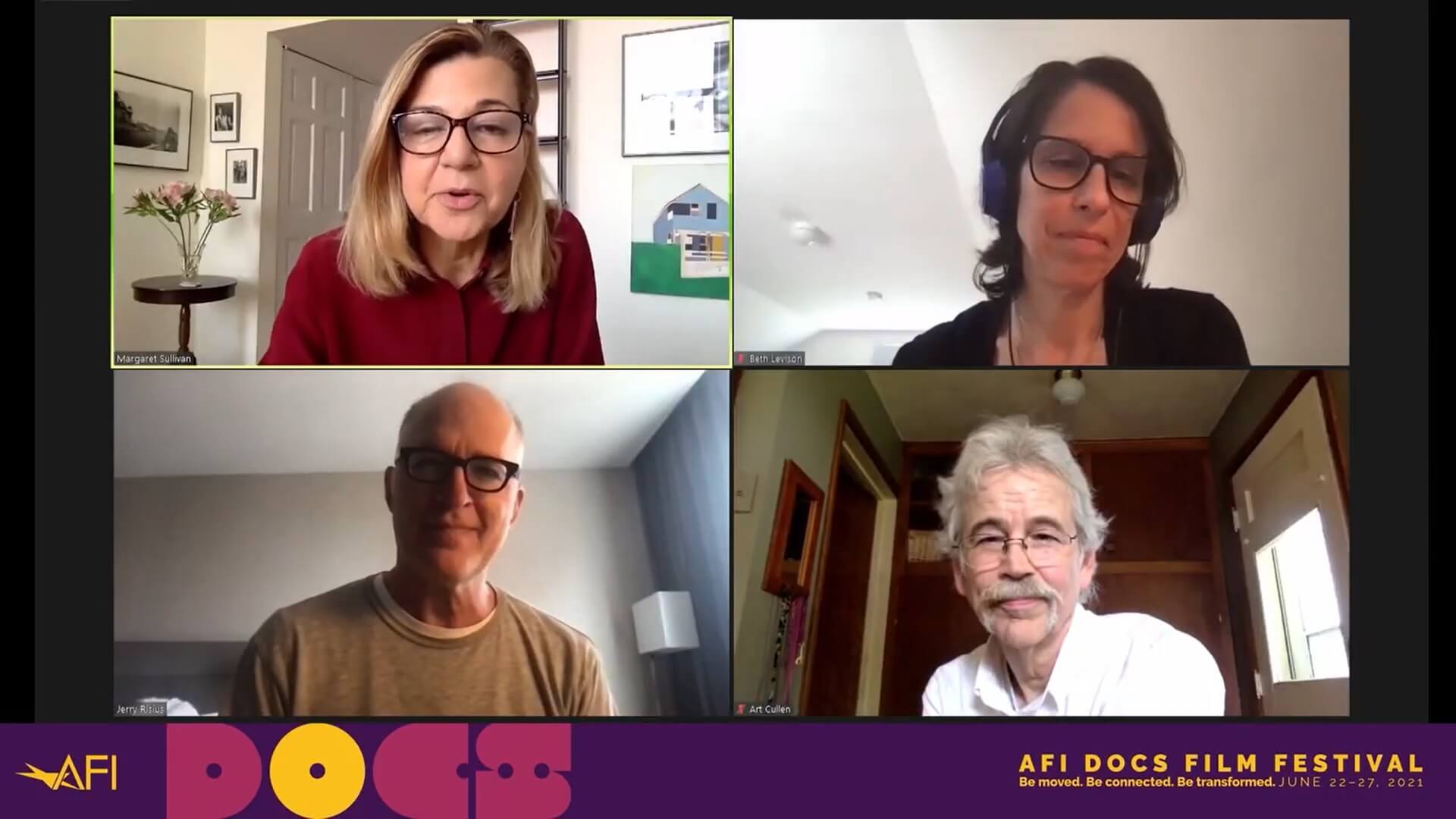
►
|
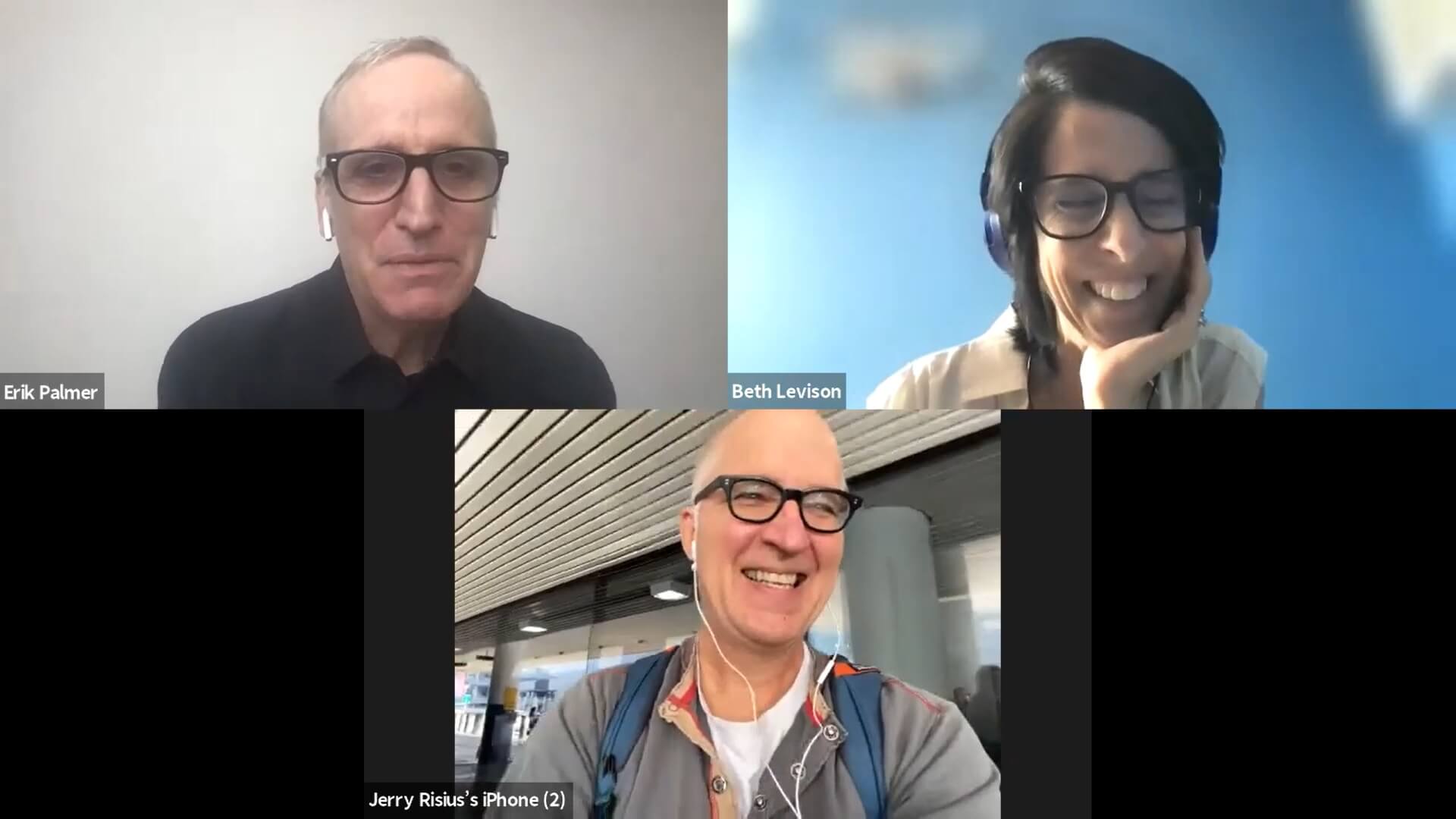
►
|
| Pulitzer-prize-winning editor Art Cullen and co-directors Jerry Risius and Beth Levison of Storm Lake in conversation with PEN America on public trust and journalism today. | Film team from Storm Lake speak with Margaret Sullivan from The Washington Post on the importance of why local news is critical for our democracy. | Erik Palmer, Professor of Communication, Southern Oregon University in conversation with Jerry Risius and Beth Levison at Ashland Independent Film Festival. |
A blog highlighting the most relevant documentary film content for the academic world and organizations with a mission to educate. Film events, professional training, and academic research are carefully curated to amplify the impact of documentary films included on Film Platform.
Anyone can access the free forum. Share it with colleagues, staff, research assistants, and students!
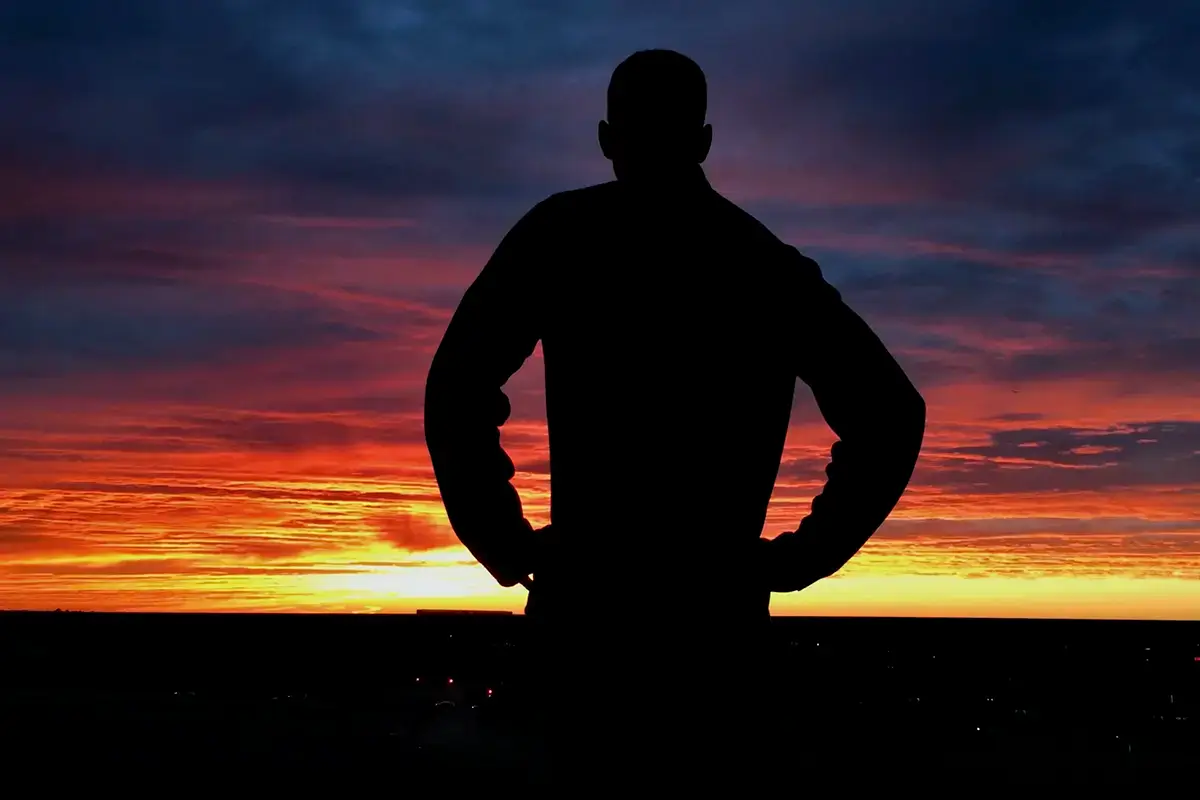
Documentary films tell us stories of social and political import. They reveal hidden truths, are windows into investigative journalism, touch our emotions, and uncover forgotten history. For higher education institutions and workplaces, documentary films are a resource to engage, inspire, and inform like no other form of content.
Such stories are vital to sustain and strengthen media literacy. As faculty keep pace with the media students consume, they also need to trust the scholarship and content they are recommending. Like a syllabus, the monthly edition of the Forum will be vetted, curated, and aligned to the monthly documentary topic. In any given month the Forum may highlight a new film on Film Platform, share a highly relevant panel event for faculty and students to attend, direct attention towards new research, recommend ‘Calls to Action’, or analyze the merits and veracity of critiques and controversies connected to the documentary.
